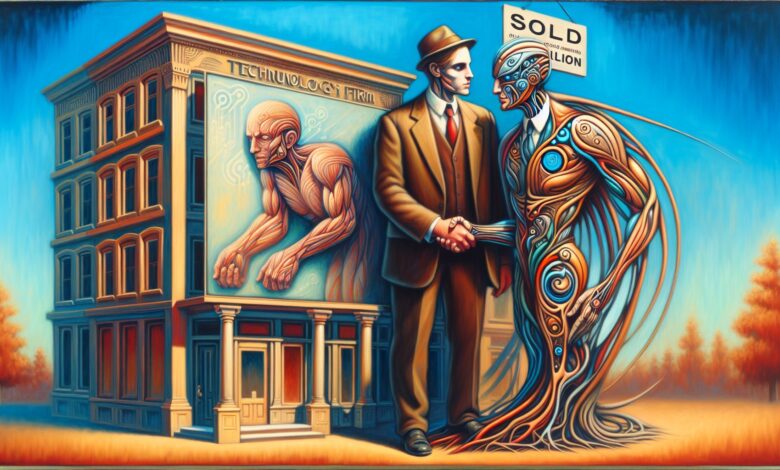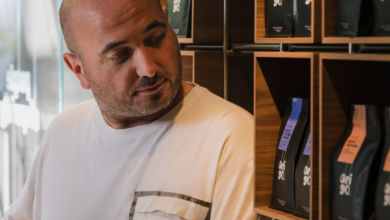Tech entrepreneur Oberoi’s AI startup Lexion acquired for $165 million

Serial entrepreneur Gaurav Oberoi hit another business milestone with his AI-driven legal document scanning tool Lexion. Recently acquired for $165 million by a renowned electronic signature tech firm, Lexion has significantly simplified the process of extracting information from complex legal documents since its inception by Oberoi in 2018.
The company, originated in a modest conference room at the AI2 Incubator in Seattle, is an example of Oberoi’s entrepreneurial acumen. Its acquisition further cements Oberoi’s reputation as a distinguished figure within the tech industry. He continues to leverage cutting-edge technology with his innovative strategies, fostering growth and improvement.
Well-regarded for his technical know-how, business savvy, and emotional intelligence, Oberoi has successfully scaled multiple businesses, making him a respected figure among venture capitalists. His ability to adapt and think strategically, combined with meticulous data analysis, is reflected in his effective business strategies.
His drive for customer understanding and adaptation to market trends has showcased Oberoi as a leader in the start-up world. His entrepreneurial journey can be traced back to his early years, when he created and shared computer games with his schoolmates.
Oberoi’s $165 million AI startup success
The positive reception from his peers kindled a passion for technology and entrepreneurship, setting the stage for his successful career.
Prior to founding Lexion, Oberoi achieved numerous successful tech ventures. Starting with BillMonk, a bill-splitting app that was later sold to Obopay, then Precision Polling, an automated survey start-up acquired by SurveyMonkey. Later, he co-founded HelloSign, an e-signature service, which was bought by Dropbox for $230 million in 2019. After HelloSign, he moved to his next venture, Lexion, eventually positioning it as a prominent AI-powered contract management platform.
In 2017, Oberoi’s industrial IoT concept faced criticism at Pioneer Square Labs. Rather than backing down, he openly shared his research and proposed a new approach. Despite the initial disapproval, he became an entrepreneur-in-residence at the AI2 Incubator. His journey serves as an inspiration to others, showcasing his resilience and ambition even in the face of adversity.



